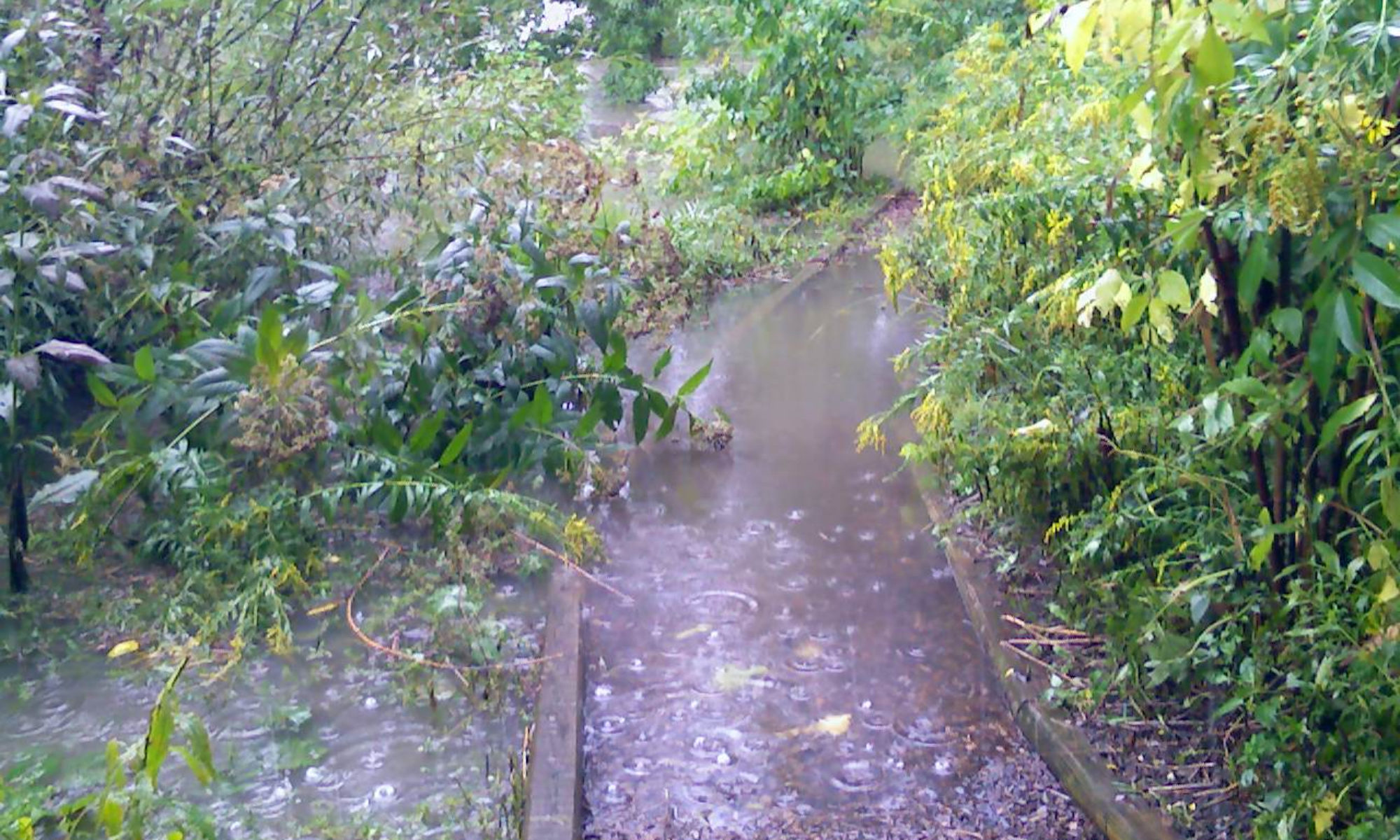Originally posted to sCNN – the smallChangeNewsNetwork
My stint as a full-time volunteer here in London is winding down. I’m looking forward to getting back to work on SmallChange, starting with this updated explanation and orientation. I hope this is clearer for the serving and grounding work I’ve been doing these last five months:
SmallChange is a practice in noticing, inviting and supporting the gifts, giving, and other good acts by individuals, inside and especially outside of formal organizations.
SmallChange focuses on the projects and practices of people who are re-imagining how life could be and are moving directly, personally and generously to make it so.
SmallChange is one small drop in a new tide of activist philanthropy rising globally. The personal practice, the working templates, and the larger movement are only just beginning.
Please join us, and stay tuned… for individual gifts and giving to flourish.
Here’s the slightly longer explanation…
SmallChangeNews is a journal of gifts and giving in action, personal passion bounded by direct responsibility. It’s about what we all want and need, and what some people are actually doing about it. Organizations cannot give care and do not take responsibility. Indeed, most organizations are carefully structured to limit and avoid responsibility. And so, in every place, station and stage of life, organizations and communities need people, little individuals, you and me, to take good care and do good work.
SmallChangeNews is a story and a space for people who are taking care and doing good. Active givers, passionate folks who are taking responsibility, with and without formal not-for-profit status. If you’re looking to give your time, talents, money or other gifts to people who are making a difference, you’ll find good company and connections here. If you know people and projects like this (or run one yourself), someone making small changes, taking small steps, inviting and accepting small gifts in order to make a big difference in the lives of others, please email us — especially if they are blogging their story online.
SmallChangeNews is a working model and freely-available template for elegantly simple, powerfully effective, and organically sustainable work in organizations and communities. The main weblog offers and invites news people, projects and practices that are making a real difference in the lives of others. The blogrolls in the sidebar contain links to the project weblogs (local news) and groups of blogs (network news) featured here, in addition to some powerful (and free) resources and important acknowedgements. SmallChangeNews invites you to use whatever gifts you have, join with whoever you know, and start wherever you can to make good things happen — then post your own SmallChangeNews.
SmallChangeNews runs on your giving attention to passion and taking responsibility for action, large and especially small. It’s a voluntary process, an invitation to give, a practical experiment, and a growing community. Please do and give what you can to help grow the News and the Links offered here. Read the news, check out the projects, contact the people and tell your friends. Post your own links and stories. Make a small donation to SmallChangeNews or the projects featured here. Replicate this website for your group. Link, link, link and feed the good — one click, one post, one gift at a time. Thank you! And welcome!
technorati: sCNN | SmallChangeNews
